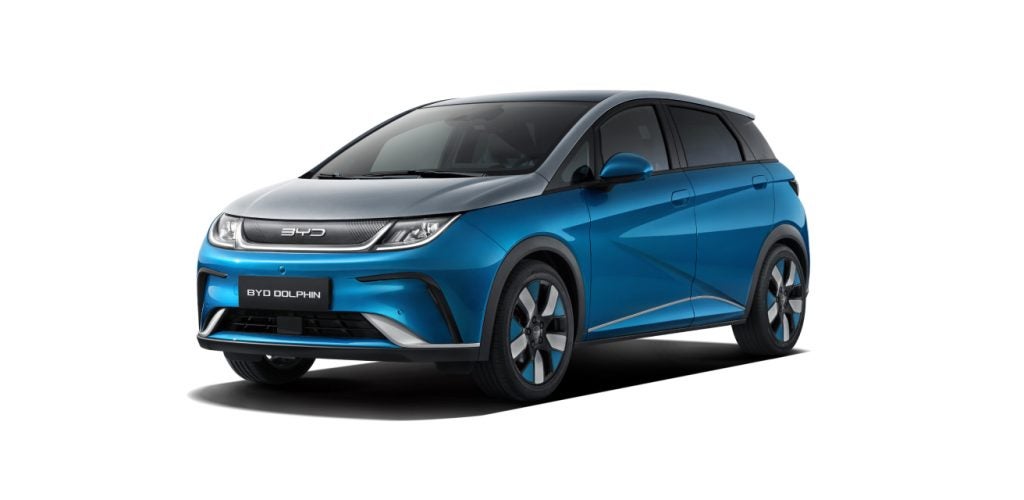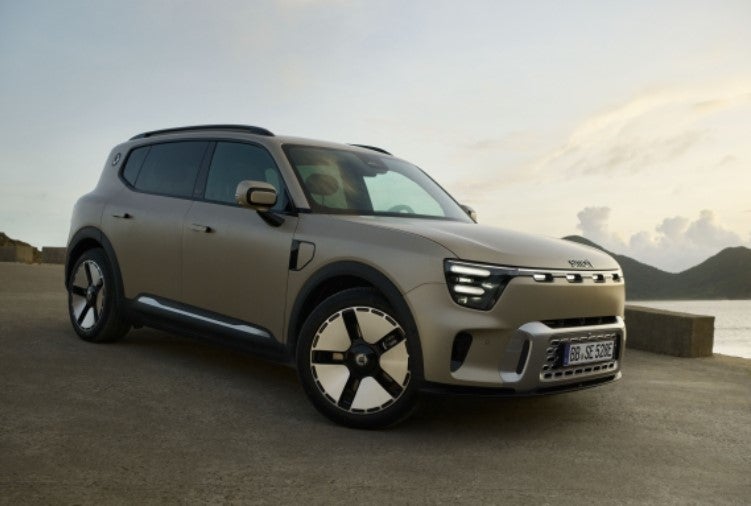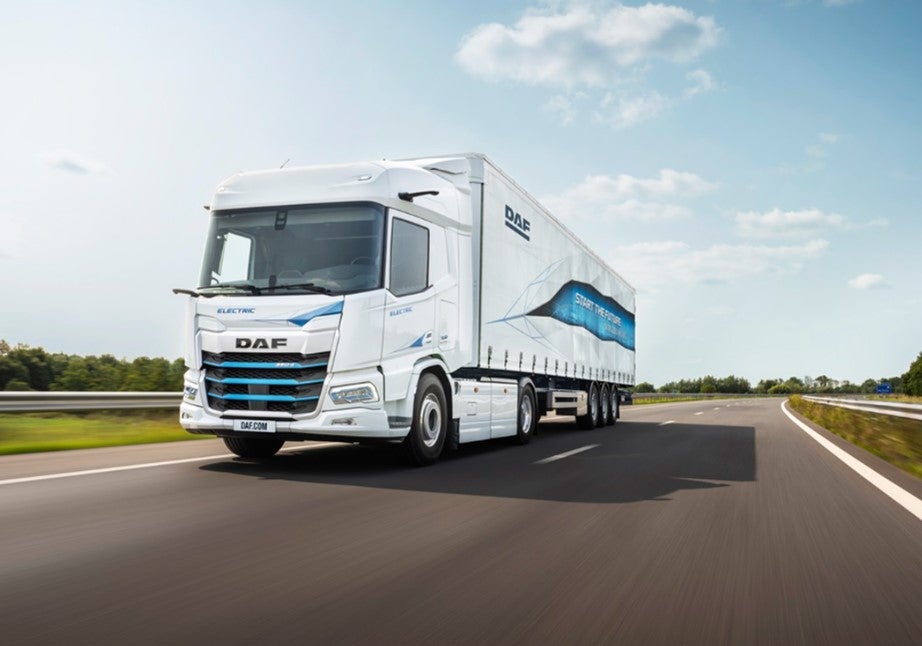Thailand’s new vehicle market continued to deteriorate in July 2024, with sales plunging by 21% to 46,394 units from 58,419 units a year earlier, according to the latest wholesale data released by the Federation of Thai Industries (FTI).
Last month’s drop, from already depressed year-earlier levels, followed similarly sharp declines in previous months despite a pick-up in economic activity in the country in the second quarter – when GDP growth accelerating to 2.3% year-on-year from 1.6% in the first quarter. This was mainly due to stronger exports, however, as private consumption growth slowed to 4.0% from 6.9% in the first quarter, reflecting weak consumer sentiment. Overall spending on durable goods dropped by 6% year-on-year, while fixed investment in the country fell by 6.2%.
The vehicle market has been in sharp decline for well over a year, after an initial rebound from the lows of the Covid pandemic, with sales falling by 9% to 775,780 units in 2023. Vehicle financing companies have tightened lending criteria in the last year amid rising non-performing loans, resulting in rising numbers of loan rejections.
Thailand is now South-east Asia’s third-largest vehicle market after Indonesia and Malaysia, with sales falling by 24% to 354,421 units in the first seven months of 2024 from 464,549 in the same period of last year. Leading the way down was a 40% drop in pickup truck sales to 102,748 units year-to-date, with sales of light passenger vehicles also sharply lower.
Thailand is still the region’s largest vehicle producer despite output falling by 16% year-on-year to 886,069 units in the first seven months of 2024, while exports fell by 5% to 602,567 units.
Sales of battery electric vehicles (BEVs), mostly passenger vehicles imported as built-up units from China, are understood to have increased by 22% to 57,670 units year-to-date – driven by ongoing sales and production incentives and the rising number of brands and models available in the market. In July Chinese automakers BYD and GAC Aion began EV production at their newly-built plants in Rayong, joining Hozon and Great Wall Motors which launched EV production at the end of last year.
Earlier this year the government announced new incentives to help drive up sales of battery-powered commercial vehicles in the country, including trucks and buses, with the aim of encouraging investments in local production and supply chain development.
















